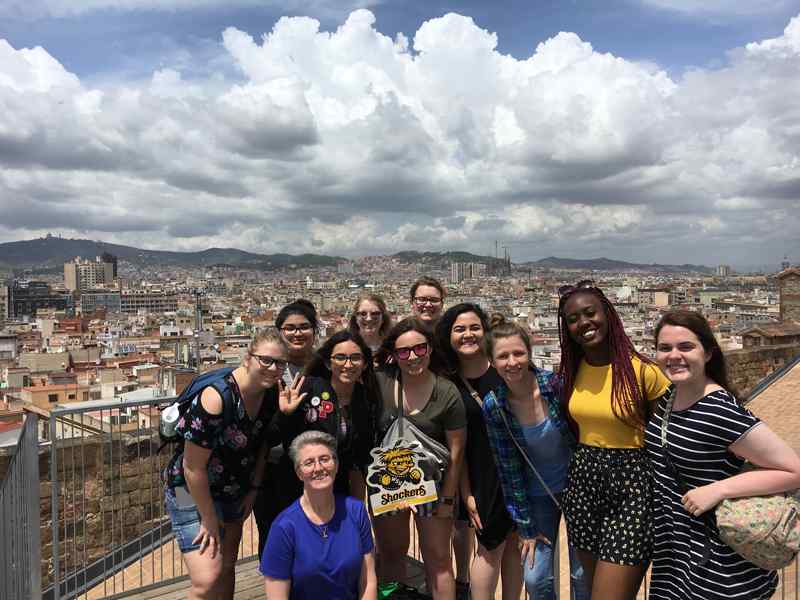Understanding International Development Education: Theories and Practices

International development education is an interdisciplinary field that brings together various academic disciplines such as international relations, economics, sociology, anthropology, and political science to study and address the challenges of global development. The aim of development education is to provide individuals with the knowledge, skills, and attitudes necessary to become active and effective global citizens who can contribute to creating a more equitable, just and sustainable world.
.
Theories of International Development Education
Theories of international development education highlight the importance of critical engagement with major global issues such as poverty, inequality, social justice, human rights, and climate change. Some of the key theories of international development education include:
- Critical Pedagogy: Critical pedagogy emphasizes the need for dialogue, reflection, and action on complex social issues as a means of promoting social transformation. Critical pedagogy encourages learners to critically analyze their own life experiences, societal structures and institutions and identify ways they can support social change.
- Transformative Learning: Transformative learning emphasizes the importance of critical reflection and inquiry in the learning process. It involves a conscious and intentional process of questioning and deconstructing existing assumptions, knowledge, and beliefs to create new and more meaningful understandings and perspectives.
- Social Learning: Social learning is rooted in the notion that learning is a social process that takes place within a social context. As such, social learning emphasizes the importance of collaboration, dialogue, and shared experience in the learning process.

Practices of International Development Education
International development education involves a range of practices that seek to promote global understanding, awareness and participation. These practices include:
- Global Citizenship Education: Global citizenship education emphasizes the importance of developing a sense of global responsibility and identity. It aims to prepare learners to become informed and active global citizens who are equipped with the knowledge, skills, and attitudes to address global challenges.
- Service Learning: Service learning involves supporting and engaging in community service projects that promote development, social justice, and environmental sustainability. Service learning provides learners with tangible experiences of global issues and allows them to apply their knowledge and skills in practical ways.
- Study Abroad: Study abroad programs provide learners with the opportunity to study, live, and work in a different cultural context. Study abroad experiences encourage learners to develop cross-cultural understanding, language skills, and global perspectives.
International development education is a critical field of study in today’s globalized world. Theories and practices of international development education aim to equip individuals with the knowledge, skills, and attitudes necessary to become active and effective global citizens who can contribute to creating a more equitable, just and sustainable world. By promoting critical reflection, dialogue, and action on major global issues, international development education plays a vital role in creating a more inclusive and just world.
